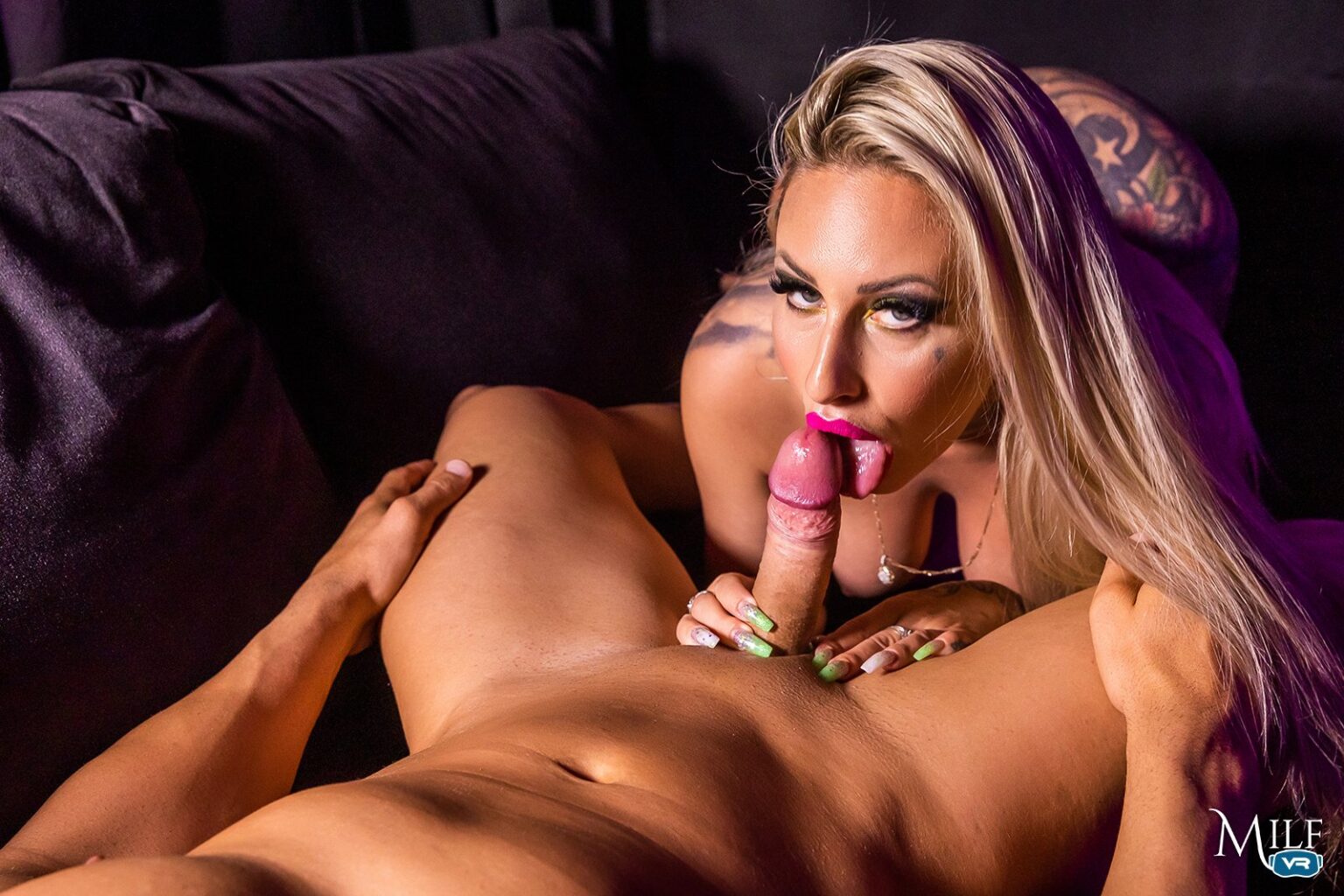Erotic literature has long been a source of fascination and intrigue for people around the world. From the ancient Greek texts of Sappho to the modern-day romance novels and erotic stories, this genre of literature has evolved and adapted to the changing times while still retaining its core appeal. However, the impact of erotic literature on sexual health and wellness is often overlooked or misunderstood.
To begin with, it is essential to clarify what we mean by erotic literature. In simple terms, erotic literature refers to any written work that is intended to arouse sexual desire or excitement. This can include everything from explicit descriptions of sexual acts to more subtle and nuanced portrayals of romantic attraction and desire.
One of the most significant benefits of erotic literature is that it can help individuals explore their own sexuality in a safe and private setting. Reading about sexual experiences and fantasies can be a powerful way to discover one’s own desires and preferences, without the pressure or risk of real-life experimentation. This can be particularly valuable for individuals who are hesitant or unsure about their sexuality, or who are looking to expand their sexual repertoire in a responsible and consensual way.
Moreover, erotic literature can also be an excellent tool for improving sexual communication and relationships. By reading about different sexual scenarios and perspectives, individuals can gain a better understanding of their partner’s desires and needs, and develop new ways to communicate and connect with them. This can help to build trust, intimacy, and satisfaction in the relationship, leading to better sexual health and wellness overall.
However, it is important to note that not all erotic literature is created equal. Some texts may contain harmful or unrealistic portrayals of sexuality, which can lead to unhealthy attitudes or behaviors. It is essential to adult content clips approach erotic literature with a critical and discerning eye, and to seek out texts that are respectful, consensual, and affirming of diverse sexual experiences and identities.
Furthermore, it is also important to consider the potential risks and drawbacks of erotic literature. For some individuals, reading explicit or graphic descriptions of sexual acts may be triggering or distressing, particularly if they have a history of trauma or abuse. It is crucial to be mindful of one’s own emotional and psychological well-being, and to seek out support and resources if necessary.
In conclusion, erotic literature can be a valuable tool for exploring one’s own sexuality, improving sexual communication and relationships, and promoting sexual health and wellness. However, it is essential to approach this genre of literature with a critical and discerning eye, and to seek out texts that are respectful, consensual, and affirming of diverse sexual experiences and identities. By doing so, individuals can harness the power of erotic literature to deepen their understanding of themselves and their partners, and to build more satisfying and fulfilling sexual lives.





